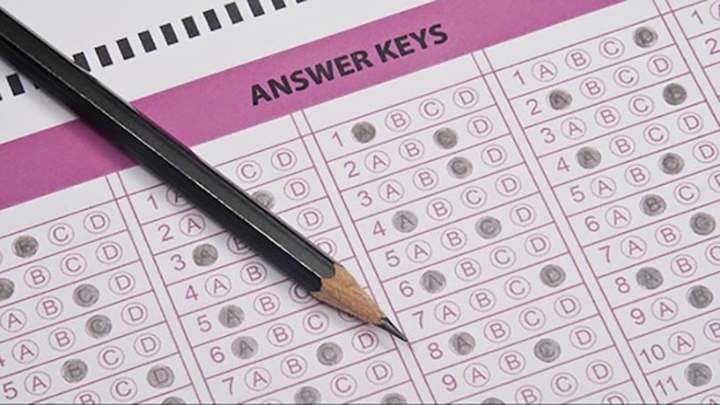Cuts Challenge Fee, Launches Helpline and Adopts Normalization for Fair Results
JK News Today
New Delhi, October 3: The Staff Selection Commission (SSC) has rolled out a series of reforms designed to make its examinations more transparent, secure, and convenient for lakhs of aspirants across the country. Officials said the steps balance exam integrity with candidate welfare, as the Commission prepares for a busy examination cycle in the coming months.
A key reform relates to disclosure and dissemination of question papers. Candidates appearing in SSC exams can view their own question papers, responses, and the correct answers. This allows them to challenge answer keys with evidence, as well as keep copies for their personal use. SSC officials clarified that restrictions apply only during ongoing multi-shift exams to ensure that papers from later sessions are not compromised. To further assist aspirants, the Commission has also decided to publish selected past question papers as official sample sets at regular intervals. According to officials, this will provide authentic study material for candidates while ensuring that the confidentiality of upcoming exams is fully protected.
In a bid to make the process more candidate-friendly, SSC has halved the fee for challenging questions—from ₹100 to ₹50 per question—reducing the financial burden on aspirants who wish to contest an answer. In addition to the already existing toll-free helpline 1800-309-3063, an online feedback and grievance portal has also been set up, enabling quicker redressal of candidate concerns. One of the most significant measures is the introduction of equi-percentile normalization. Simply put, this method compares candidates on the basis of their percentile score rather than raw marks. It removes any advantage or disadvantage that may arise from variation in difficulty levels across different exam shifts. For example, if one batch of candidates gets a slightly tougher paper than another, normalization ensures that results remain fair and consistent across all groups.
Ensuring exam security and fairness has also been a major focus. Aadhaar-based authentication has been introduced to prevent impersonation and to stop candidates from attempting the same exam multiple times. Question papers are now transmitted securely through a digital vault, making them less vulnerable to leaks. SSC has also engaged specialized IT agencies to prevent hacking or other forms of malpractice. According to officials, the exam monitoring system has been made stricter, and strict action is being taken against centres and candidates found violating rules.
These measures were evident in the recently concluded Tier-I of the Combined Graduate Level Examination (CGLE) 2025. About 28 lakh candidates had applied, with nearly 13.5 lakh actually appearing across 126 cities and 255 centres in 45 shifts. While some centres experienced technical issues, SSC has announced a re-exam for those affected on October 14. The candidates concerned will be informed individually via email and SMS. The process for challenging questions will open the next day, October 15.
The Commission has also released its plans for upcoming examinations. Between October 2025 and March 2026, major exams including the Combined Higher Secondary Level (CHSLE), Multi-Tasking Staff (MTS), Junior Engineer (JE), Constable (Delhi Police & CAPFs), Sub-Inspector (Delhi Police & CAPFs), and technical cadre exams of Delhi Police will be conducted. Officials said the reforms already in place will ensure that these tests are fair, efficient, and candidate-friendly.
To enhance direct communication with aspirants, SSC has launched its official handle on X (@SSC_GoI). The Commission has urged candidates to rely only on official announcements and not to be influenced by misleading information circulating online.
As it approaches its Golden Jubilee year, SSC has underlined its long-standing commitment to transparency and fairness in recruitment. “The reforms introduced are intended to benefit lakhs of sincere candidates and to uphold the integrity of examinations,” officials emphasized.




